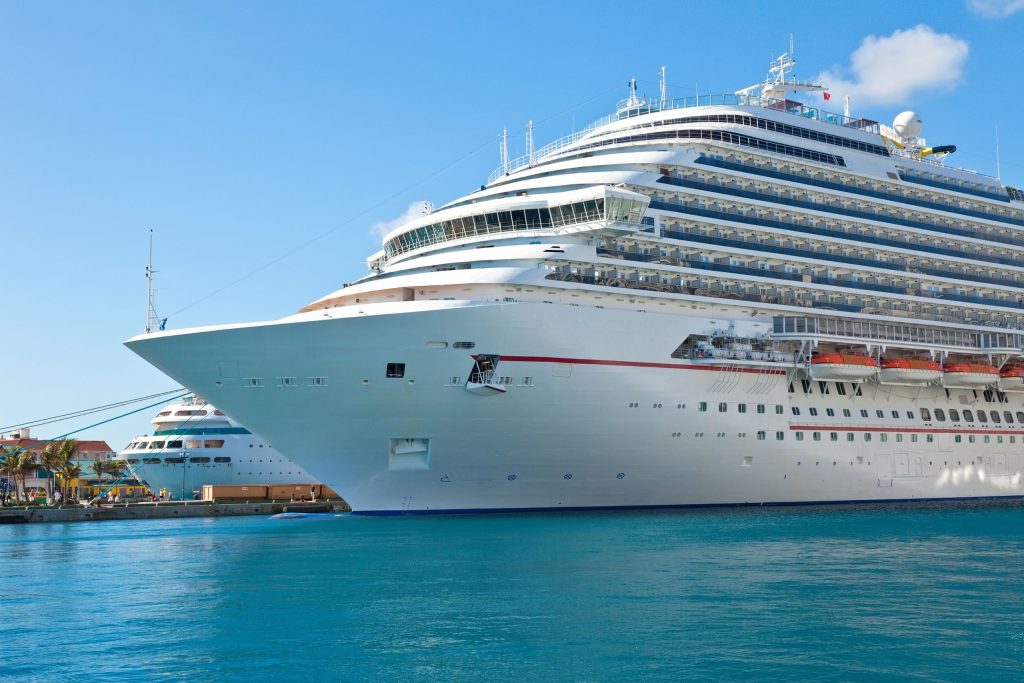
One hundred and fifty miles out to sea, far from the shores of Mexico, the Carnival Triumph Cruise Ship found itself in an unsavory situation during its 2013 voyage. After an engine room fire was contained, the cruise liner switched on its back-up generators, supplying minimal power for ship functionality. Passengers had expected to be on the ship for a mere four days but found themselves stuck at sea for twice as long amidst a miasma of gut wrenching odors. Without sufficient power, the ship’s 4,000 passengers no longer had access to the essential modern amenities such as toilets and working refrigerators. Though it may not have been anything like medieval London, the ungodly smells turned what was once an elysian daydream on the open water into a hellish nightmare of putrefaction.
First Person Account
That’s at least what ship passenger Bettina Rodriguez told CNN in a 2013 report detailing many of the disastrous effects of the fire. “Just on our deck alone, there were the biohazard bags lined up across the floor,” she said. “We’re talking about raw sewage at just the end of our deck alone. It was repulsive.” The horrific scene described by Rodriguez caused many news outlets to dub the ship, “Poop Cruise.”
Preventable Disasters
Attorney Frank Spagnoletti, who represented a number of passengers in a lawsuit against the company, told CNN, “That ship never should have set sail in February.” He continued, “It was unseaworthy at the commencement of the voyage. These documents tell you that the company — and I’m saying to you the corporation back in Miami — had knowledge of the fact that this vessel had a propensity for fires; that there were things that could have been, should have been, and weren’t done in order to make sure that fires didn’t take place.”
Spagnoletti referred to internal documents, obtained by CNN in 2013, showing that Carnival knew about faulty generators and an inadequately treated hose that had caused a similar fire in 2012 before departing on its voyage. This was essential for plaintiffs in pursuit of recompense.
The Importance of the Carnival Suit
In the court’s decision, the judges granted the plaintiffs summary judgement. The following reason was given: “Carnival offers no feasible explanation for the fire absent lack of due care. As such, Plaintiffs’ motion for partial summary judgment is granted.” The court arrived at this conclusion on the basis of res ipsa loquitur, a tort law principle that essentially allows the plaintiff to use indirect evidence in building its case. So the very fact that there was a fire due to faulty equipment gave plaintiffs the edge they needed. To that end, this court order provides the legal basis to those who have been injured aboard a cruise liner and wish to seek compensation for damages.
What This Means for You
If you have been the victim of negligence while being a passenger on a cruise ship there a number of things to keep in mind. To begin with, personal injury cases involving damages incurred at sea are much more complicated than their land-locked counterparts. This is partially due to the fact that the legal territory is quite different in regard to sea-related incidents. But it is also due to a large effort by Cruise Ship Companies to prevent liability cases from gaining any traction. To that end, companies place stringent restrictions on how and where a lawsuit can be filed. These restrictions can often be found on your ticket.
You may want to seek compensation for any number of damages that occur while aboard a cruise ship. In light of the “Poop Cruise” fiasco, there is one type of injury worth highlighting. As outlined by the Hickley Law Firm, when a cruise ship loses its septic capabilities, this can often lead to severe sickness. In this regard, it’s important to understand that sicknesses or diseases contracted due to a ship’s uncleanly environment could be grounds for compensation. This is one of the many lessons gained from the disastrous incident of the 2013 Carnival Cruise.
Whether you’ve contracted an illness, slipped and fallen, injured yourself in a pool or suffered due to medical malpractice while vacationing on a cruise liner, it is advisable that you seek out the assistance of an experienced maritime attorney who understands the intricacies of claims involving cruise ships.


